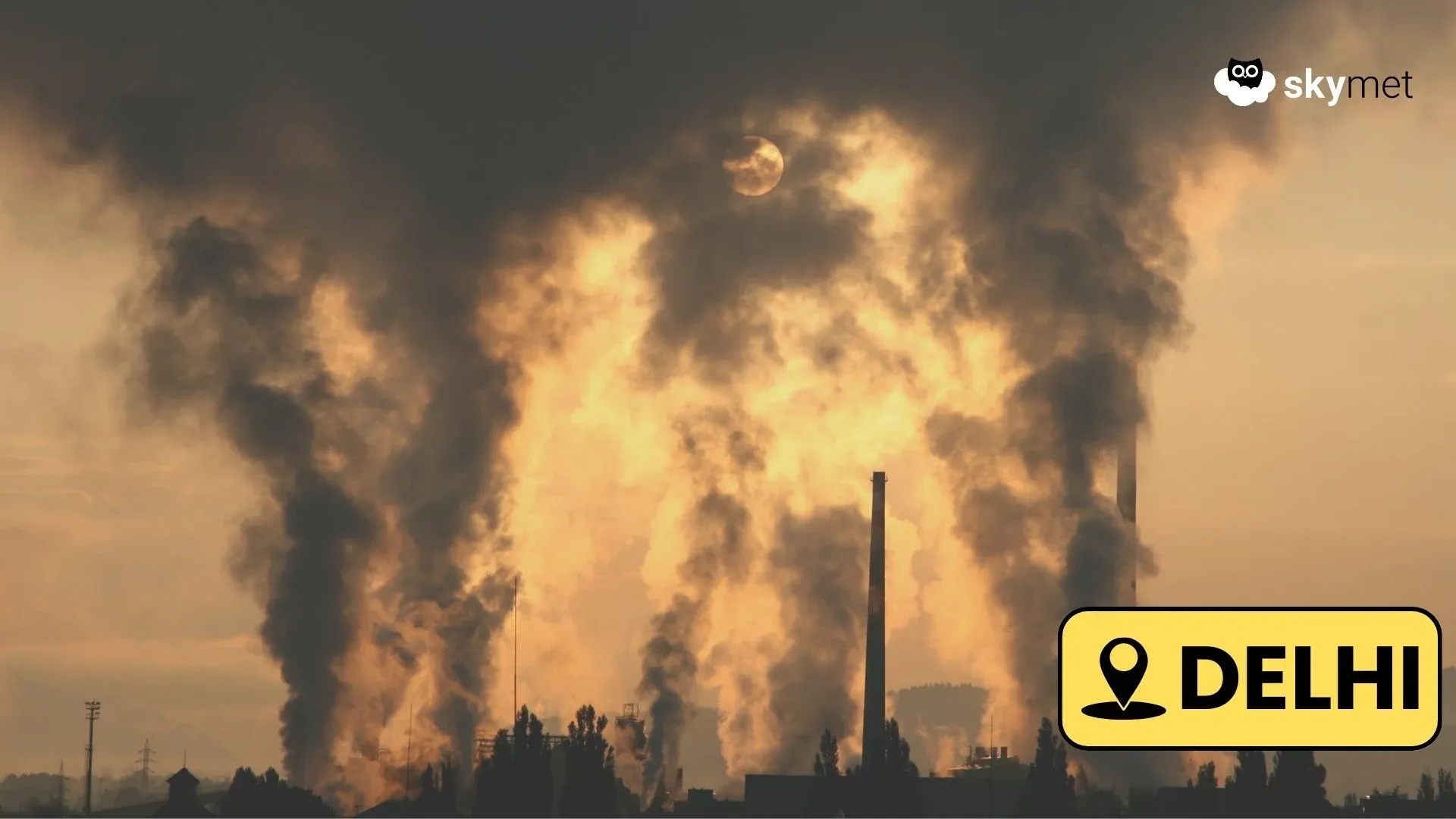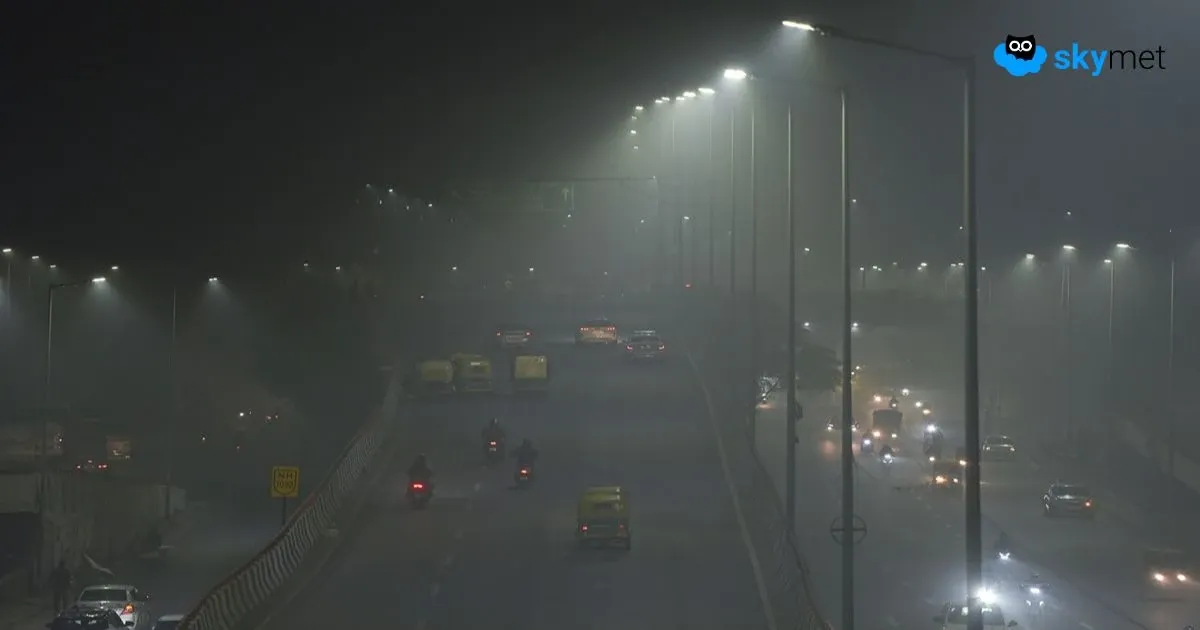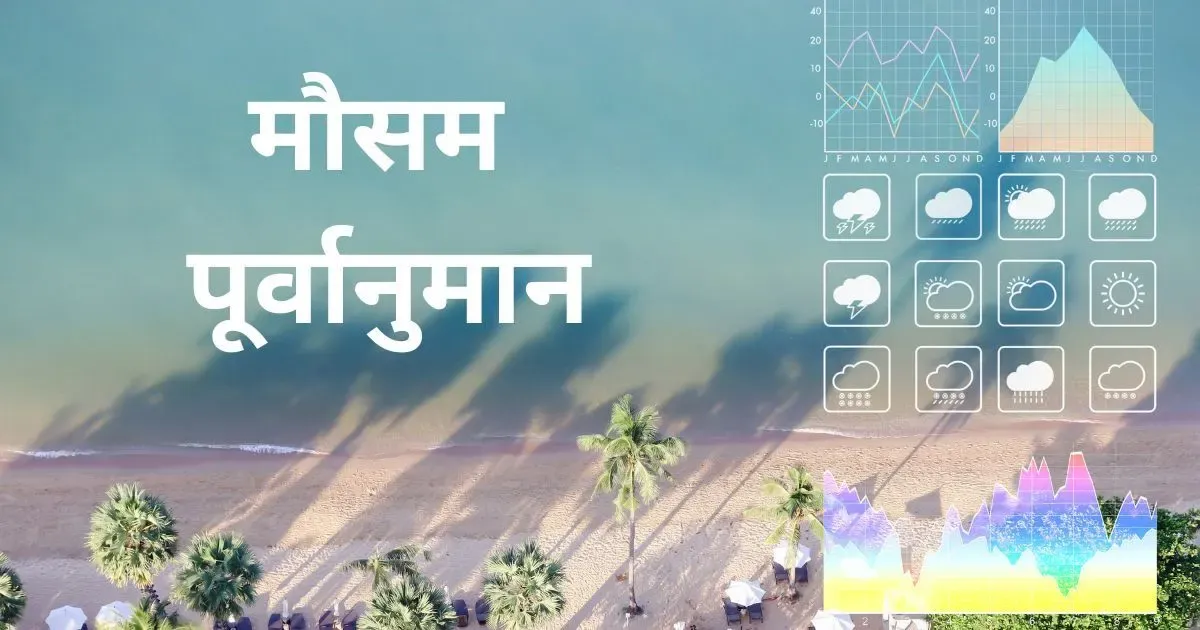Climate Change and Rising Temperatures: India’s Wheat and Rice Production Declining, Says IPCC Study
Climate change is severely impacting agriculture, with rising temperatures, erratic rainfall and extreme events like droughts and floods disrupting farming. According to the Framework Report 2024 of IPCC, a 1°C rise in global temperature could cut wheat yields by 6% and rice by 3%, and India is already struggling with the adverse effects. Crops are recording a decline, especially in rain-fed areas like Karnataka, where droughts have become routine. More than half of India’s districts face serious flood or drought risks. With a persistent rise in temperatures, food prices will soar, food security will be at risk and more people will be forced to leave their farms in search of work, putting pressure on cities. With 86% of Indian farmers working on small plots of land, they are the most vulnerable and need urgent support to adapt.
Regenerative agriculture is the solution to this crisis, where farmers must promote and adapt to the type of farming that restores soil health, protects biodiversity and conserves water as well. This needs real action—better data, hands-on support for the farmers across the country and a collaborative approach between businesses, scientists and communities. While the government has taken steps like early warning systems and climate policies, top-down efforts also require involvement from farmers and local communities. They need training, financial incentives and simpler ways to track progress.
Initiatives like ICAR’s National Innovations in Climate Resilient Agriculture (NICRA) are already making a difference by developing climate-resilient technologies for crops, livestock and fisheries. In the last decade alone, ICAR has released 2,593 crop varieties, with 2,177 of them showing resistance to environmental stresses. These efforts must be scaled up, with stronger financial backing to ensure farmers can adopt climate-smart solutions and secure their livelihoods in a rapidly changing world.


















